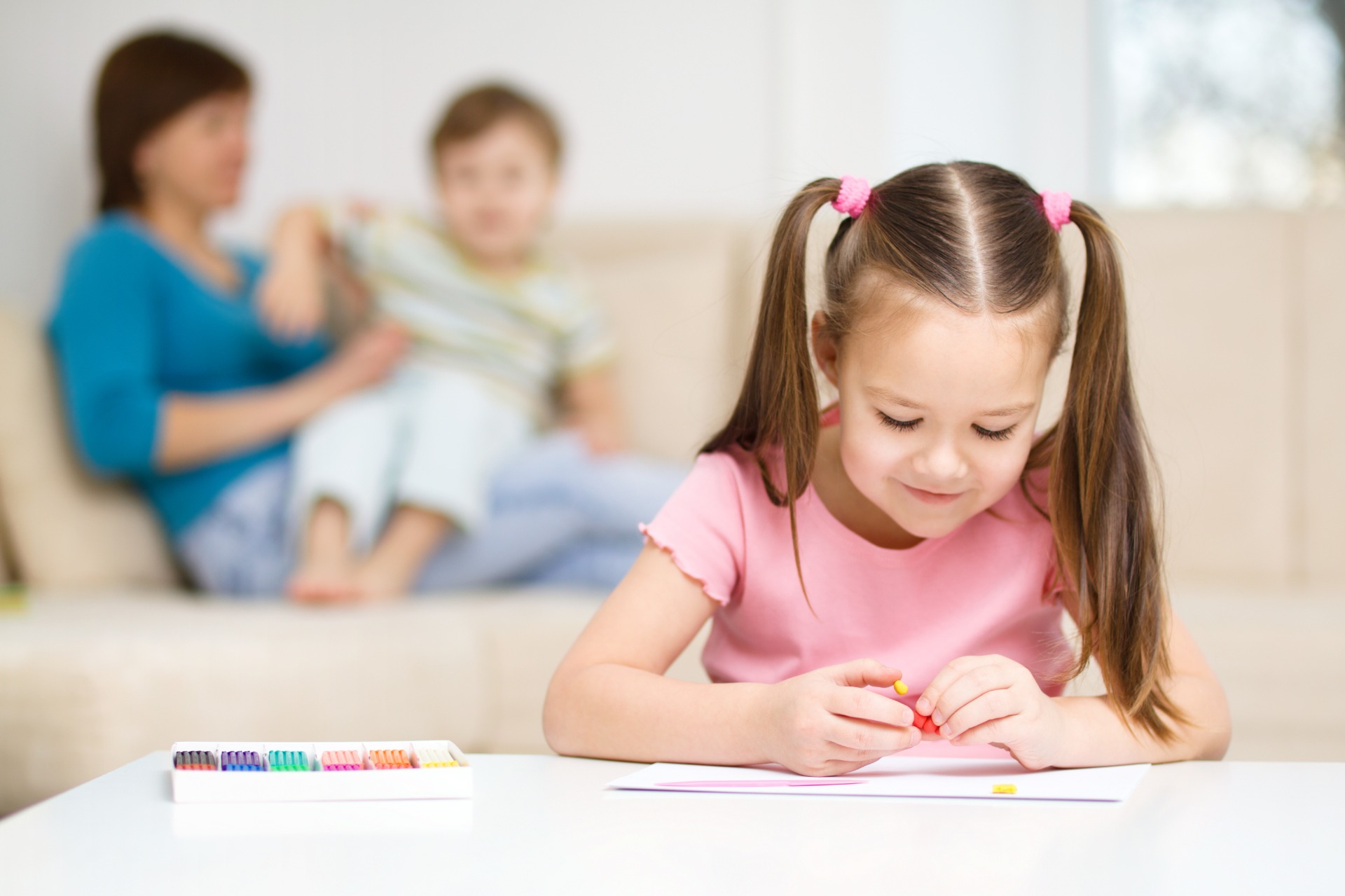How Important Is It To Be “Consciously Present” For Children

While growing up, I fondly remember some classmates who had big families or parents who were together, and they envied me because of my good relationship with my mother. It was weird for me because I was a single child from a divorced woman and my mom had no support from her family while raising me, so it was just me and her. I went through a lot of nannies while growing up because my mom had to work until late hours. So I was curious: what they could envy me?
As I got older and entered university, I understood why my classmates felt like that. I realised that even though my mom was not always present, she made sure to create instances where she could be consciously present for me. As long as it depended on her, there was no single day where I had to eat dinner alone or tug myself into bed. She created a routine for us, where I knew for sure that my mom would be with me, consciously present.

But what do I mean by "consciously present"? Well, for me, it means being fully engaged, paying attention when interacting, listening actively and being emotionally awake to fully understand the thoughts and feelings of the other person (Kids, 2023). In this case, these children were jealous because my mom did what their whole family was not doing for them: be present. As a result, I think it's meaningful that all people who are close to, work with or relate to children, should know about this information. So let's go to the point, what effects does it have on children's development?
From birth to the age of 5, children's brain develops more than at any other time in life (First Things First, 2023). Serve and return interactions shape brain architecture. The connections of neurons between different regions of the children's brain happen only because of positive interactions in the environment.

Imagine that a baby cries because he is hungry. The reaction of the mom to pick him up and feed him is an interaction. Depending on the quality of care, the stimulation and how often the baby has these interactions with their parents and family would determine how well-developed the wiring between the neurons will be. Among all, positive interactions are in charge of building "connections" that are essential for higher-level abilities, like executive functions: self-regulation and problem-solving, communication and motivation.
Everything a kid learns about the world is through the response of parents. By this, they learn how to think, understand, communicate, behave, show emotions and develop their social skills (Relationships and Child Development, 2023). When the response of parents to their children's needs is warm, we are also bringing a sense of safety and security to them; we are building strong relationships. When children experience loving interactions while growing up, they tend to develop confidence, resilience, and communication skills. These capacities are vital for adults to manage stress, foster healthy relationships, and navigate challenges effectively.

"Being present with your children is one of the most important and valuable gifts you can give them. Your time, your heart and your full attention are all precious gifts, that will empower them to live lives of abundance."(Miracles, 2017).
Sometimes we underestimate the fact that children enjoy the simplest things in life. Commercials have always created this figure of a perfect family with children, in pyjamas, enjoying a huge breakfast and we believe that is the only way children understand that you're present. However, by just looking at some kid, you will realize their eyes sparkle when you sit and have a little chat over a meal, when you tug them into bed or when you play with them. For kids, the little acts of attention prove that we are providing them with the essential ingredients to feel safe, secure, loved, valued, capable and curious.

In the era of technology, it's almost impossible to not be absorbed by screens and devices, I understand that. In spite of that, being a parent means trying to give everything you can to your children in order for them to have a loving and great life. Learning that we not only demonstrate attention by listening, we do it with our body language too by looking at children into their eyes, sitting pointing at them, and nodding with our heads.
Sometimes for a kid, everything they need it's your full attention for 10 minutes, actively listening to the content they are expressing to you. This means no phones, no computers and no tablets. Just full attention. You will be amazed by how much you can learn from your kid in these 10 minutes. Take the time, children will always crave your attention and love.
What I would like you to have in mind after reading this information is this: behind every cruel and heartless adult, there might be a child who was neglected from having caring and "consciously present" parents.
Let it not be you who parents in that way.
By: Belén López
